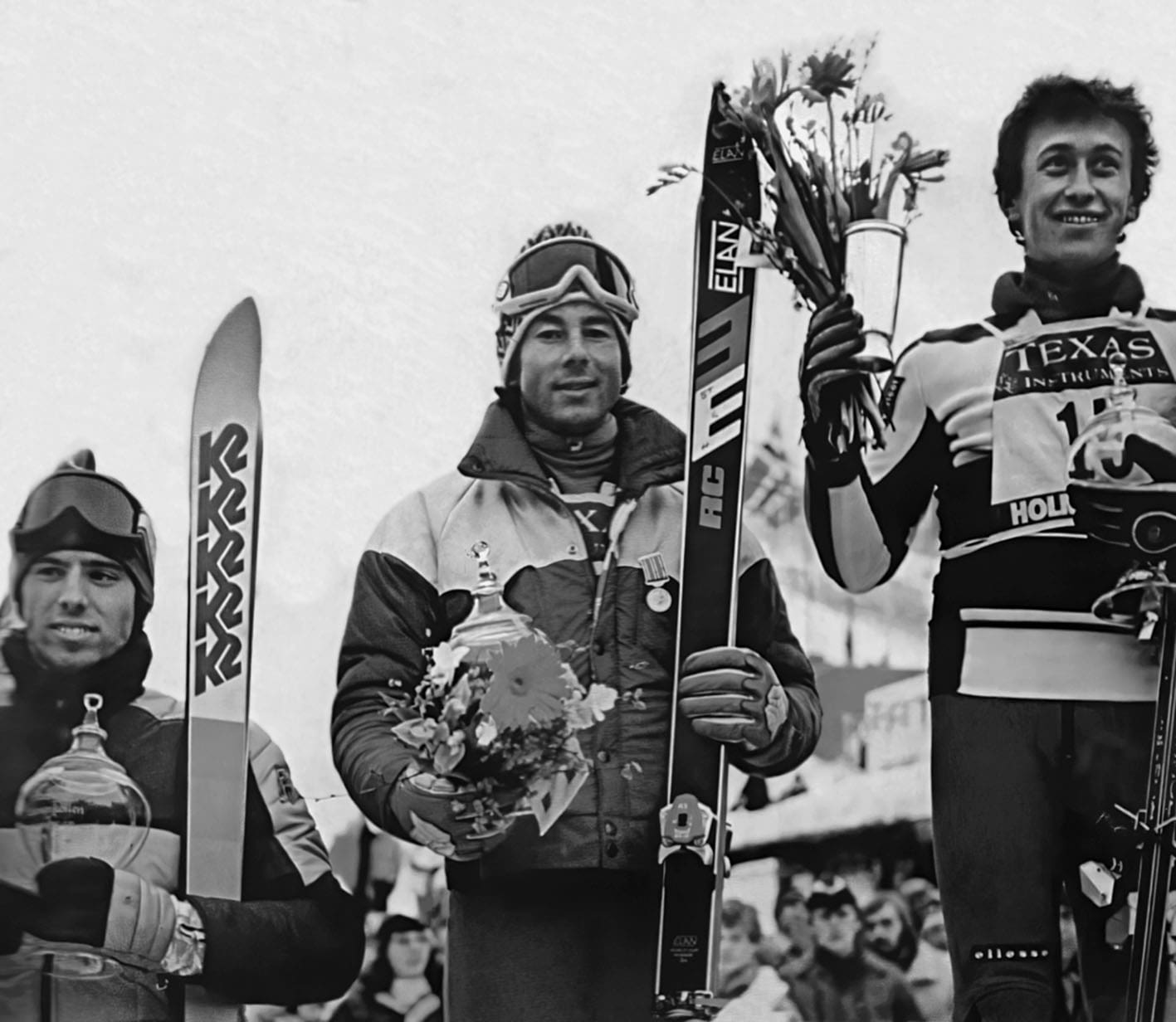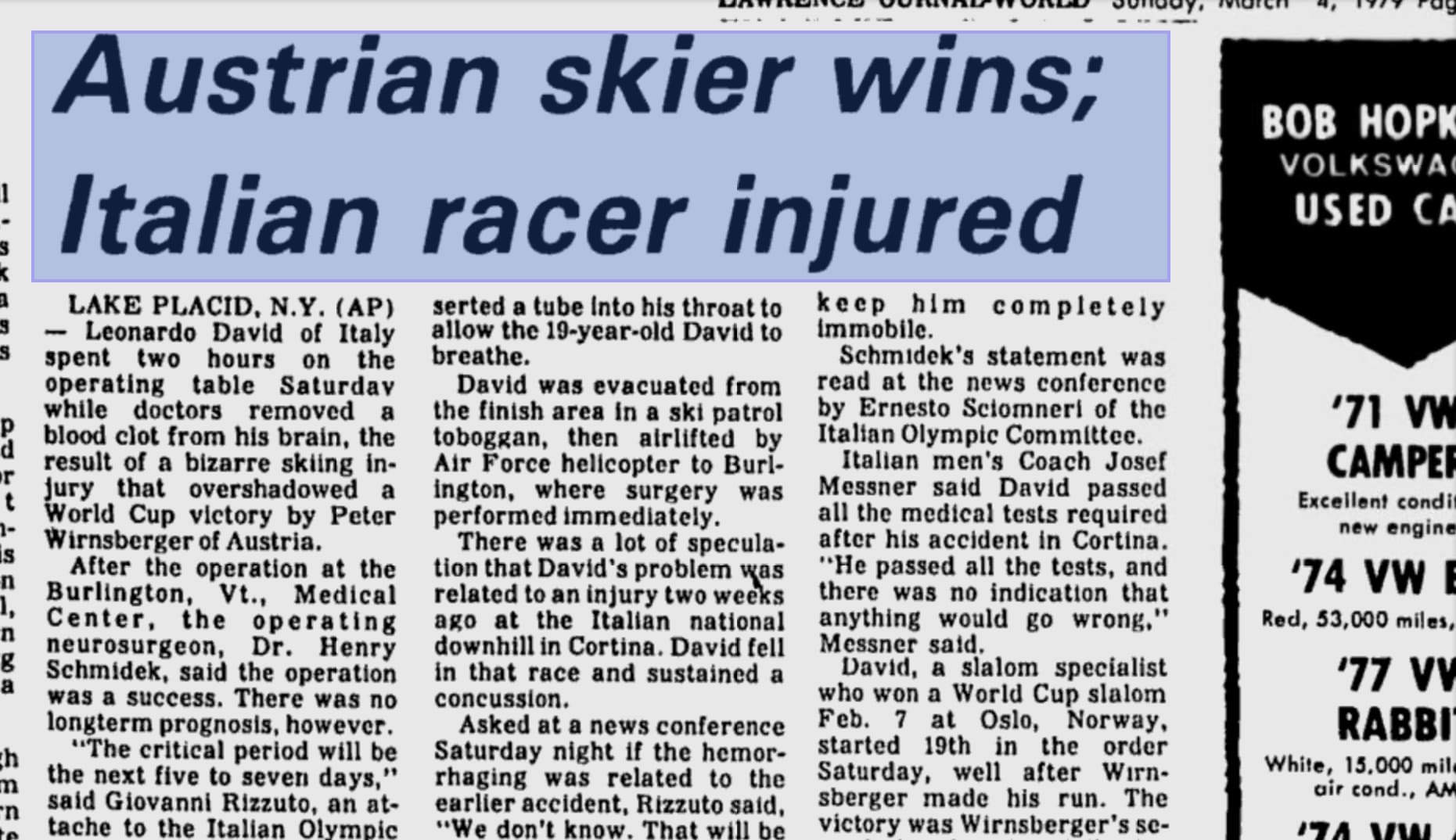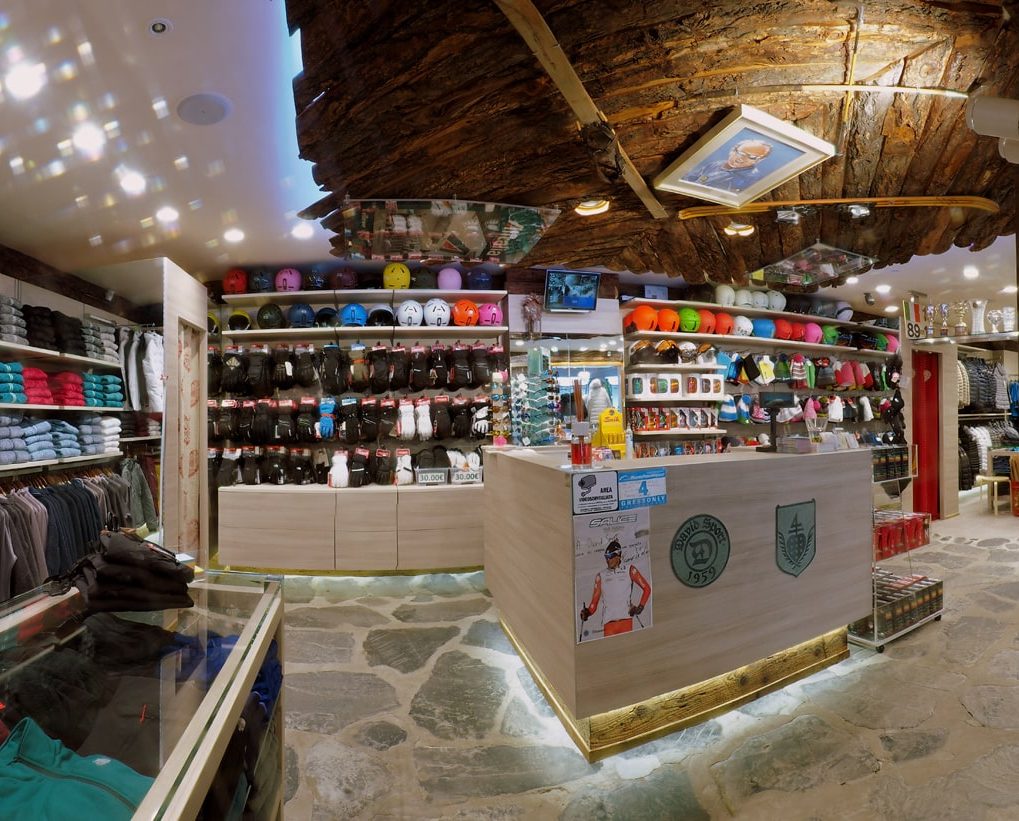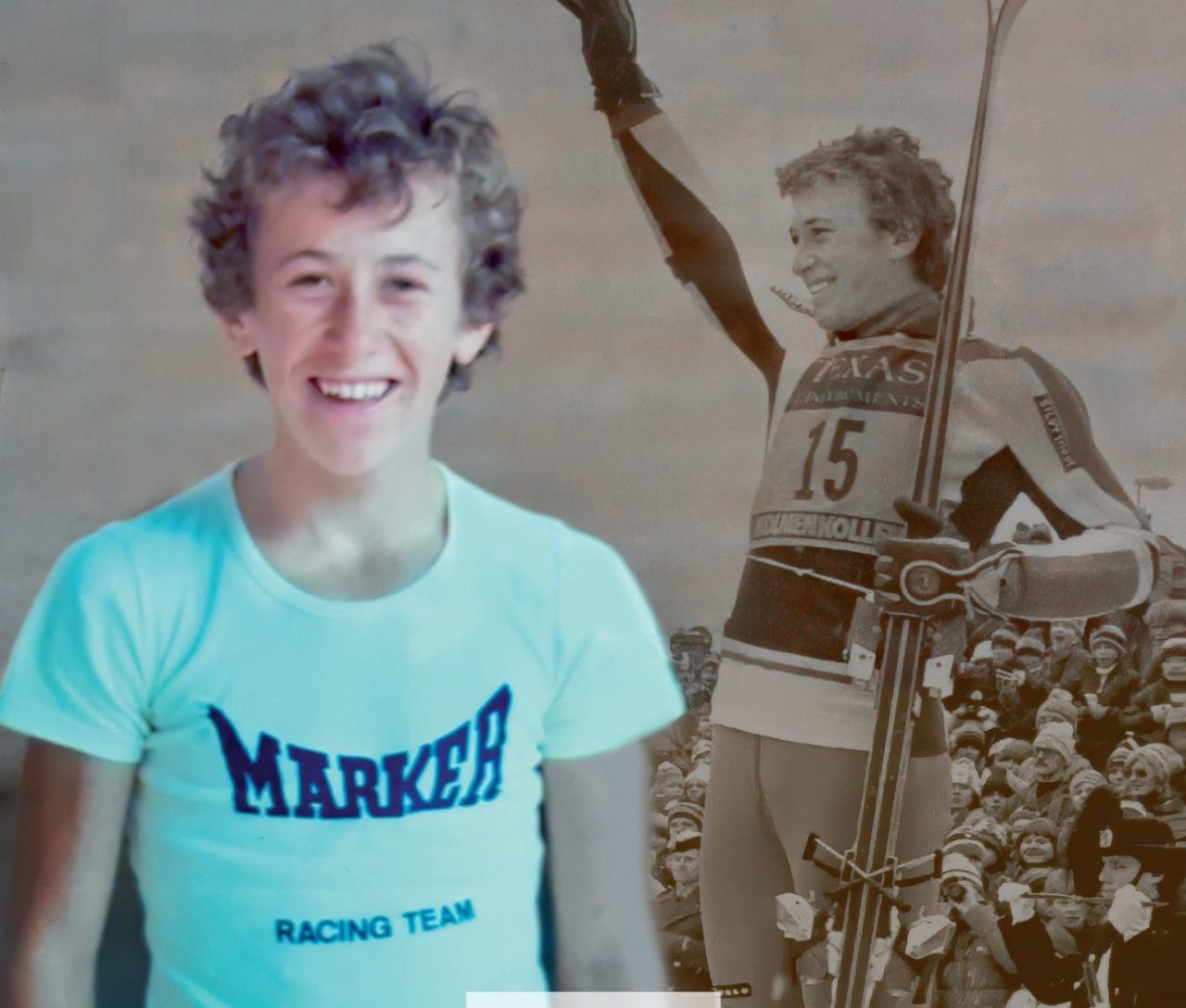
Young Leonardo David was a unique alpine skiing talent: after winning a slew of European Cups at only 17, he joined the World Cup circuit at 18 and skied straight onto the podium, beating seasoned skiers several years his senior, including legendary Ingemar Stenmark. But his first World Cup season was to be his last, as David fell into a coma on March 3, 1979, following a crash at Lake Placid, New York. For almost six years David remained in a vegetative state, or maybe what is now considered minimally conscious state, until he died from a suspected heart attack, on February 26, 1985.

Leonardo David had fallen earlier in the season at Cortina d’Ampezoo, Italy, but had received the all-clear from a neurosurgeon. At the races near Lake Placid, David fell 50 yards before the finish line at Whiteface Mountain. He slid on his back, got up to remove his skis, and then collapsed, never to rise again. He had complained about headaches since the Cortina crash but his concerns were dismissed. Three doctors were later indicted on manslaughter charges. David was wearing a helmet in both crashes.

Since his untimely death, the knowledge around the danger and long-lasting effects of concussions has come a long way. Back in the 1970s, the primary focus was the diagnosis of potentially fatal intracranial hemorrhage. However, even back then, David should not have been allowed to compete only two weeks later while still suffering from headaches. Nowadays rest is recommended for even minor concussions for at least one week. It would be unthinkable in this day and age to have someone compete who is still suffering from headaches, but even then the neurosurgeon should have never given the green light for David to compete at Lake Placid. David’s case demonstrates how dismissed and under-reported the long-term risks of concussion were for decades, before the danger was truly understood and concussion testing was introducted. It unfortunately took comas and deaths like Davids for not just doctors but also coaches to comprehend the long-term dangers of repeat trauma to the brain.
The world never got to see his true talent as his life was upended so tragically at only 18 years of age, resulting ultimately in his death at 24. His parents, who ran a ski shop called David Sport in Gressoney, where Leonardo was born, created a memorial inside their store, displaying his trophies and skis. The ski shop is now run by his sister Daniela and his niece Alice but his skis are still mounted on the ceiling and were later joined by his father’s skis, following Davide David’s death in March 2020, aged 91. Leonardo David’s legacy will live on, and his tragic, untimely death has forever shaped the neurological landscape about the dangers of repeat head trauma and concussion management.

Leonardo David
September 27, 1960 – March 3, 1979, & February 26, 1985
4 World Cup Podiums (1978/79 season)
1 World Cup Victory (Oslo, February 1979)
